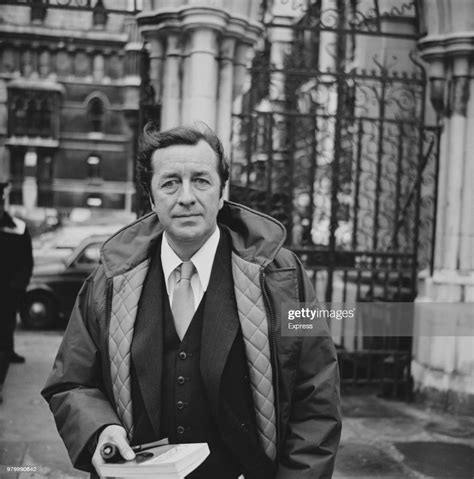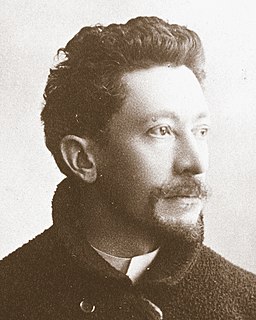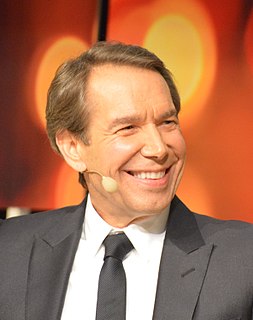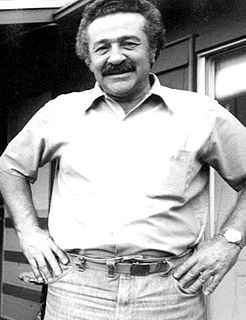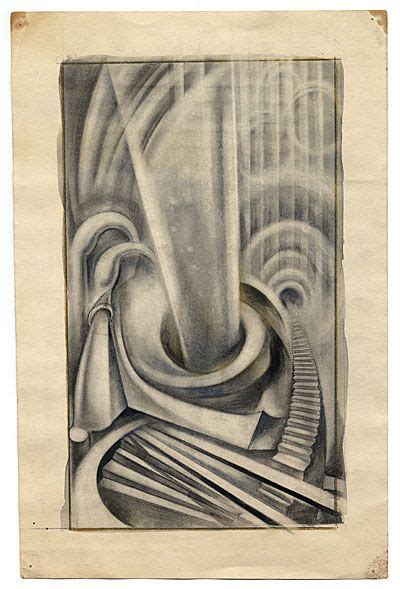A Quote by Robert Bolt
Morality's not practical. Morality's a gesture. A complicated gesture learnt from books.
Related Quotes
For one thing, I want gesture-any kind of gesture, all kinds of gesture-gentle or brutal, joyous or tragic; the gesture of space soaring, sinking, streaming, whirling; the gestures of light flowing or spurting through color. I see everything as possessing or possessed by gesture. I've often thought of my paintings as having an axis around which everything revolves.
The hypothesis I wish to advance is thatthe language of morality is ingrave disorder.... What we possess, if this is true, are the fragments of a conceptual scheme, parts of which now lack those contexts from which their significance derived. We possess indeed simulacra of morality, we continue to use many of the key expressions. But we have--very largely if not entirely--lost our comprehension, both theoretical and practical, of morality.
We're always projecting our moral categories on things. I think that's inevitable. But capitalism places no particular value on morality. Morality in the market is enforced by contract and regulation and law, because morality is understood to be in conflict with the motive force of greed and accumulation.
Talking about morality can be offensive. Morality is a politically incorrect subject. Many people are genuinely offended if someone speaks of morality and family values. It is okay if you talk about your sexual fantasies and deviances. This is called "liberation". But you would be frowned at if you talk about morality in public. Then you'd be accused of trying to impose your values on others.
